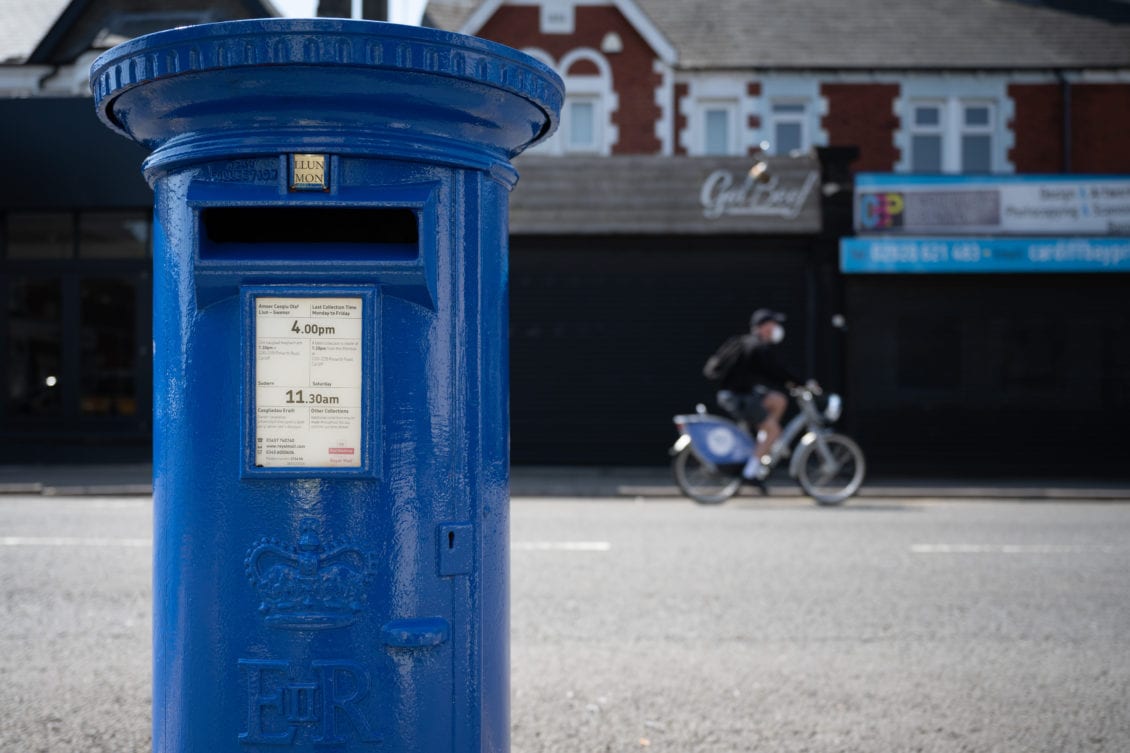According to the latest NatWest Wales PMI® data, private sector firms signalled a significant decrease in business activity in April, as the outbreak of coronavirus disease 2019 (COVID-19) and emergency measures to stem the spread were escalated.
The temporary closure of some businesses and a slump in client demand led to the steepest contraction in new orders since the series began. Subsequently, firms shed workers at an accelerated pace. That said, some mentioned utilising the government’s furlough scheme to avoid redundancies. Nonetheless, output expectations strengthened as firms expressed hopes of a surge in demand following the end of lockdowns.
On the price front, a drop in input prices and further substantial decline in demand led firms to cut output charges in a bid to boost sales.
The headline Wales Business Activity Index – a seasonally adjusted index that measures the combined output of the manufacturing and service sectors – registered 16.3 in April, down significantly from 40.0 in March, to signal the sharpest contraction in business activity since data collection began over 19 years ago. Although marked, the pace of decline was slower than that seen across the UK as a whole. Manufacturers and service providers alike recorded substantial drops in output, with the latter registering the steeper fall.
Social distancing measures and the temporary closure of some businesses led to a significant drop in new orders across the Welsh private sector in April. The decrease in new business was the most severe on record despite being slightly slower than the UK average.
Reflecting the slump in sales, firms cut their workforce numbers at a marked pace in April that was the sharpest in the series history. Although some mentioned using the government’s furlough scheme, others stated that temporary and agency staff had been laid off.
At the same time, the notable drop in new business led to the steepest contraction in outstanding work on record.
Average cost burdens fell for the first time in five years in April, as Welsh firms noted a drop in raw material and energy costs, especially oil. The fall in input prices was only marginal, however, and faster than only the East of England.
Meanwhile, companies cut their output charges as they sought to retain clients and boost sales. The decline in output prices was the steepest since March 2009.
Finally, output expectations improved from March’s recent low, as firms expressed hopes of a pick-up in demand and increase in activity following the easing of lockdown measures.


Kevin Morgan, NatWest Wales Regional Board, commented:
“The ongoing COVID-19 crisis and the detrimental impact it is having on business was reflected in the most severe contraction in Welsh business activity since data collection began over 19 years ago. New orders collapsed amid temporary business closures and social distancing measures.
“In response, firms cut their charges at the steepest rate since the financial crisis in a bid to boost sales and retain their remaining clients. A fall in cost burdens was also passed through to customers, as lower oil prices and cuts to workforce numbers reduced expenses.
“Although many firms highlighted the use of the government’s furlough scheme had allowed them to reduce redundancies, some still stated that temporary and agency staff had been let go. Nonetheless, Welsh companies were the most upbeat towards the outlook for output over the coming year of the 12 monitored UK areas, with many hoping for a surge in demand once lockdowns are lifted.”








Leave a Reply
View Comments